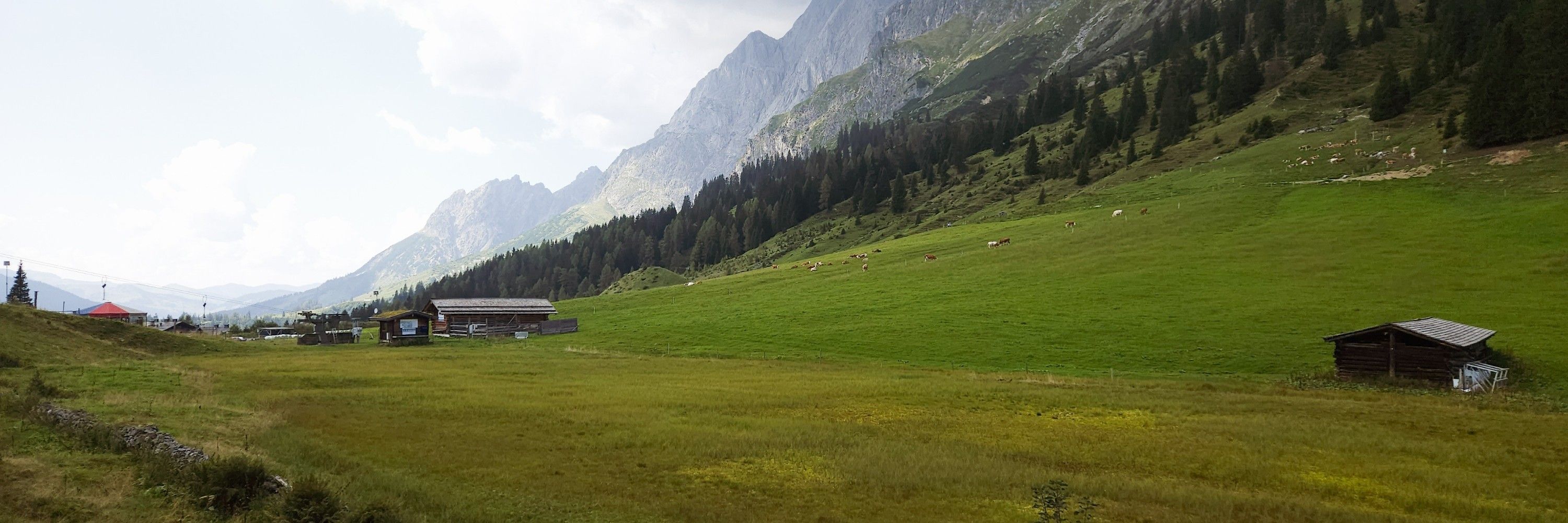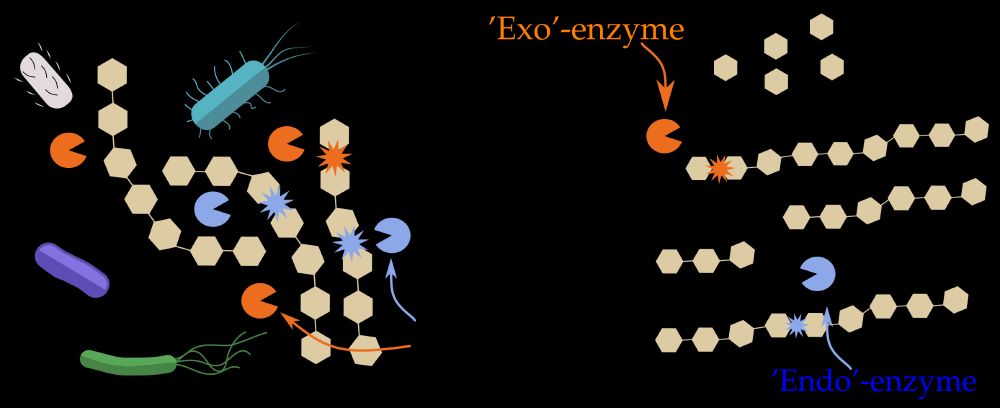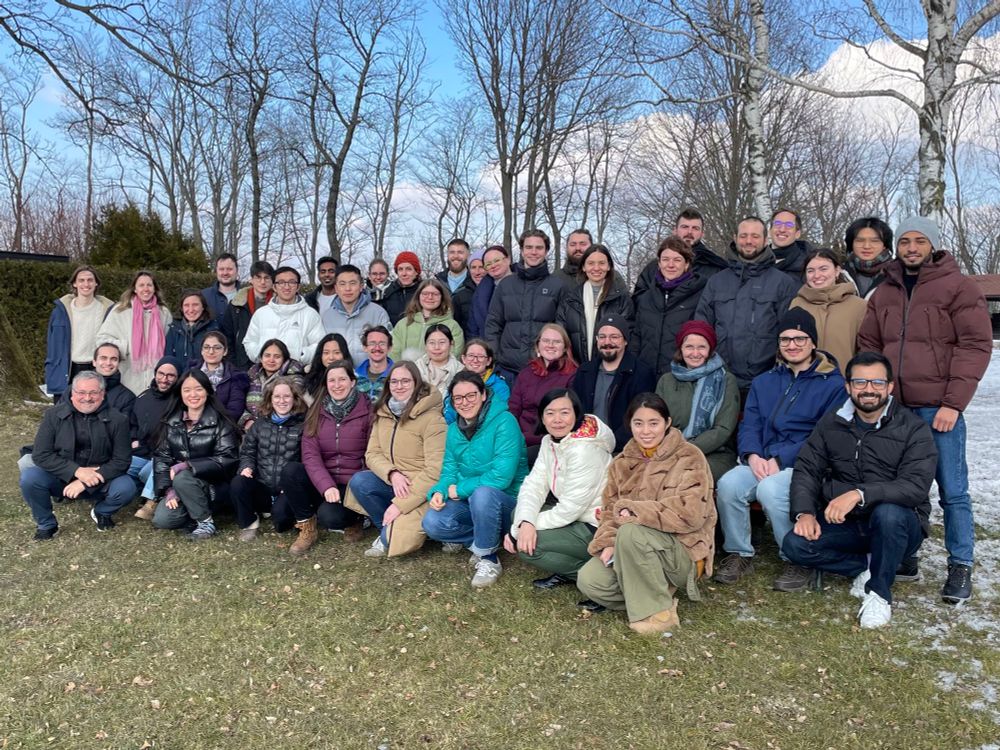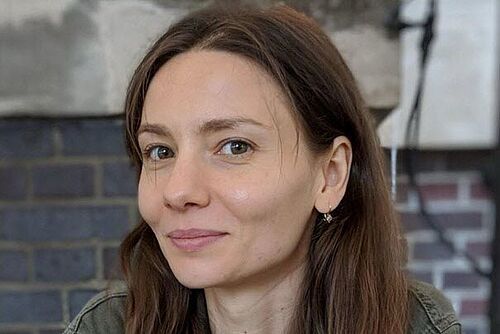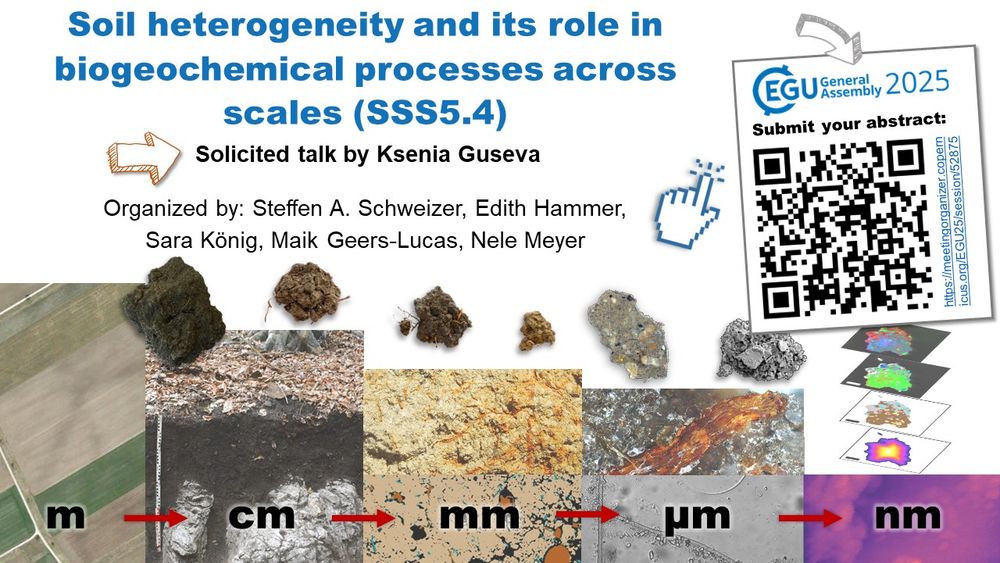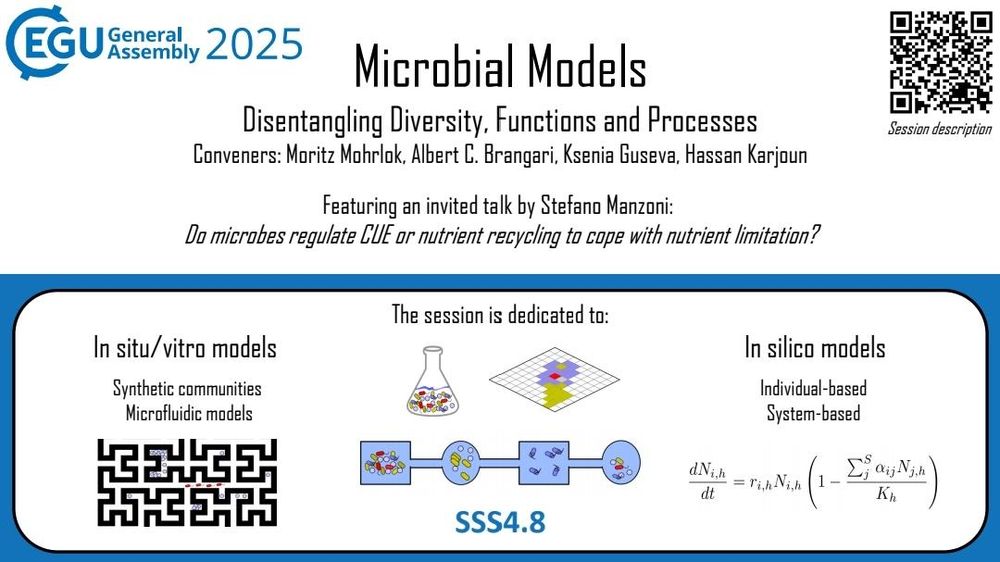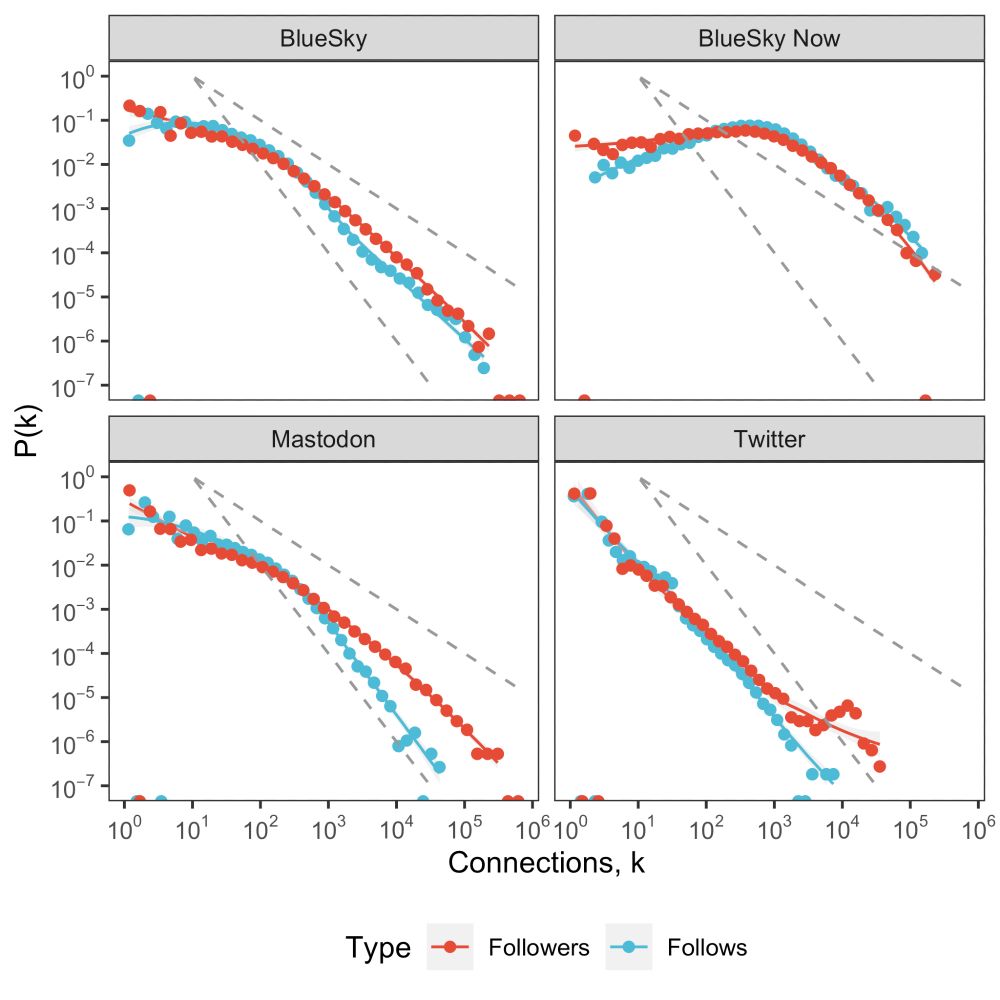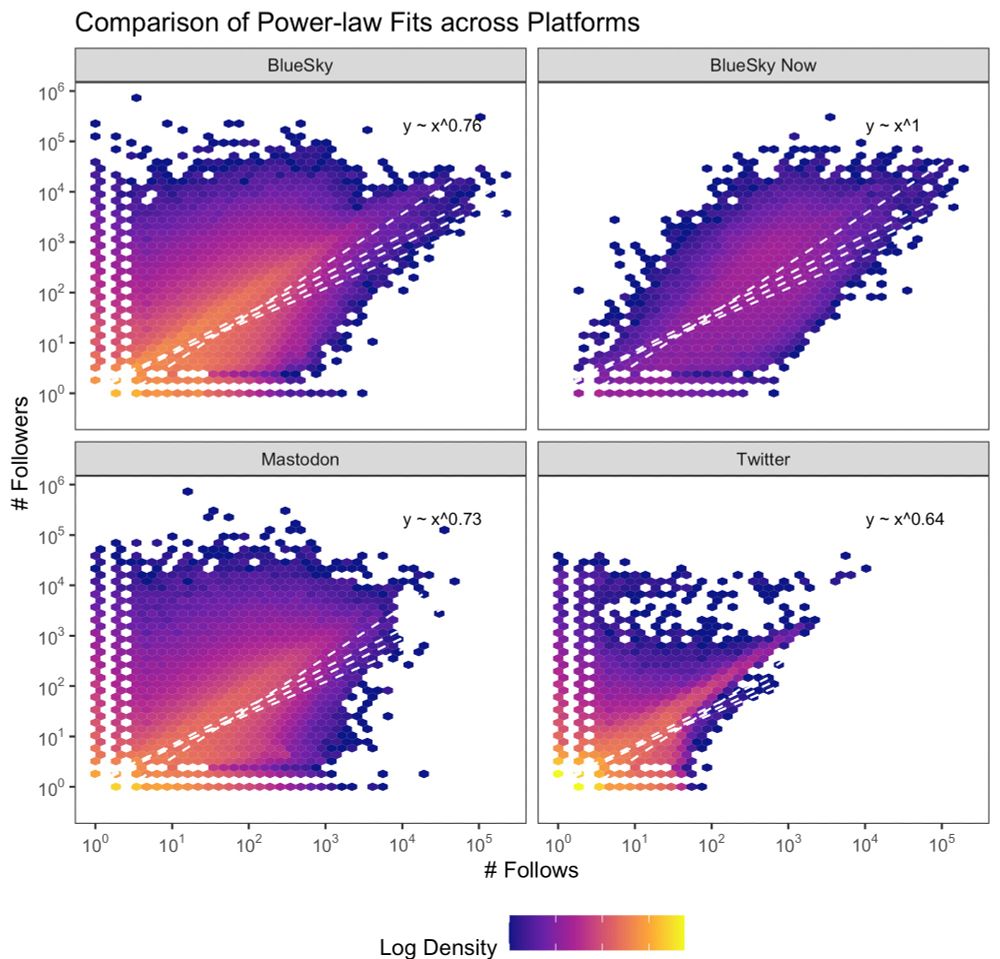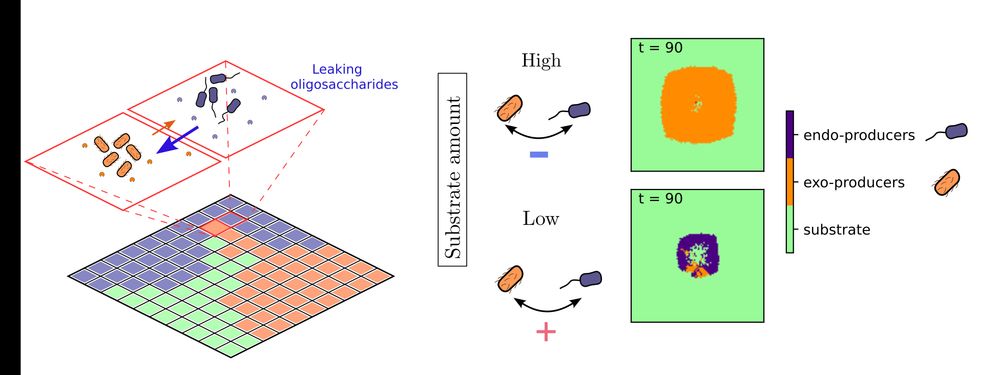Ksenia Guseva
@kseniaguseva.bsky.social
330 followers
330 following
8 posts
Complex systems. Microbial ecology.
Posts
Media
Videos
Starter Packs
Pinned
Ksenia Guseva
@kseniaguseva.bsky.social
· Jul 24
Reposted by Ksenia Guseva
cemess_vienna
@cemess.bsky.social
· Jul 7

We are hiring: Full Professor of Soil Ecosystems and Global Change
Soil ecosystems form the foundation of planetary health and play a critical role in climate feedback mechanisms. However, they are also vulnerable to the impacts of global change.
cemess.univie.ac.at
Reposted by Ksenia Guseva
Reposted by Ksenia Guseva
Reposted by Ksenia Guseva
Reposted by Ksenia Guseva
Reposted by Ksenia Guseva
Reposted by Ksenia Guseva
Reposted by Ksenia Guseva
Reposted by Ksenia Guseva
Reposted by Ksenia Guseva
Reposted by Ksenia Guseva
